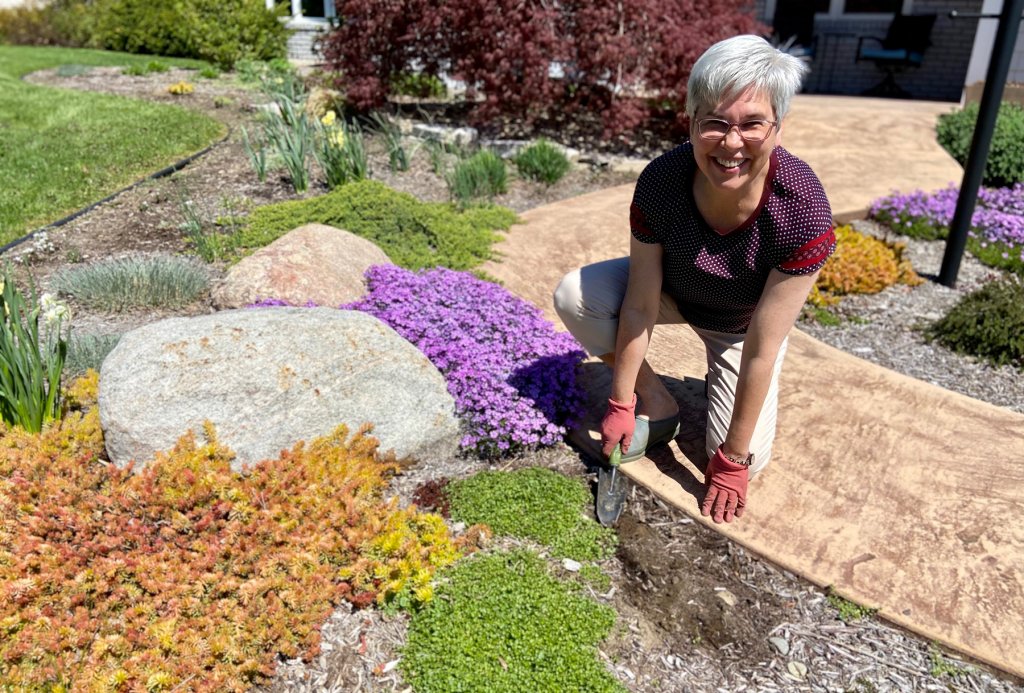

A love note to Mother Earth
One of the great things about gardening is that the garden talks back. I am constantly learning what works and what doesn’t work, grappling with the realities of my garden and myself, and yielding to them.
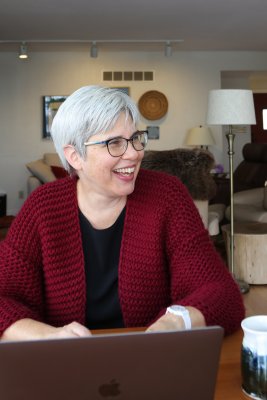
Goshen College President Rebecca Stoltzfus offers regular and intimate reflections on campus, interesting people she’s met, conversations she’s part of and higher education today.
Email her: president@goshen.edu



One of the great things about gardening is that the garden talks back. I am constantly learning what works and what doesn’t work, grappling with the realities of my garden and myself, and yielding to them.


We are living through hard times. As researcher and author Brene Brown said in a January 2022 podcast, “People are not okay.” And that was before the Russian invasion of Ukraine. Mr. Rogers famously said that in times of catastrophe, “look for the helpers.” And if you look for the helpers, you’ll know there is hope.


As I struggle to comprehend what is unfolding in Ukraine, I’ve had the privilege of traveling with our Vox Profundi Choir during our spring break tour along the East Coast. I revel in the energy, joy and discipline of our talented students in these venues. And it has been a profound reminder that music, art and beauty are deep sources of balm, pointing us to peace, hope and love.
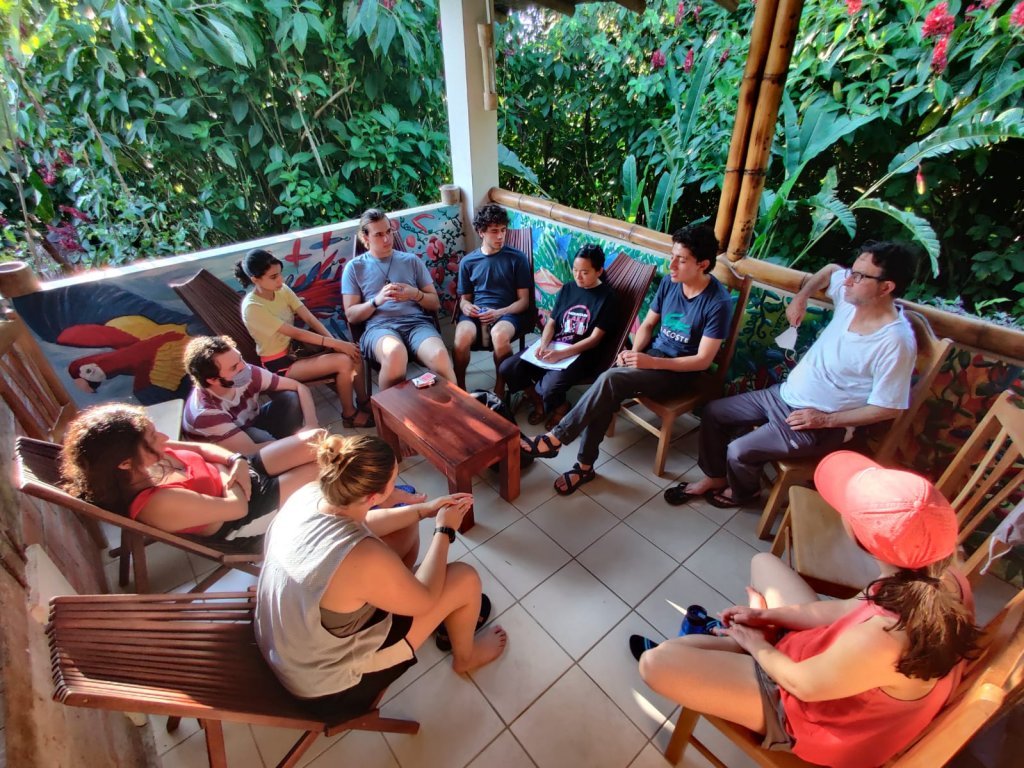

It seems to me that one of the truly useful things the church – including Goshen College – can do in the face of the climate crisis is lead us into a new story.
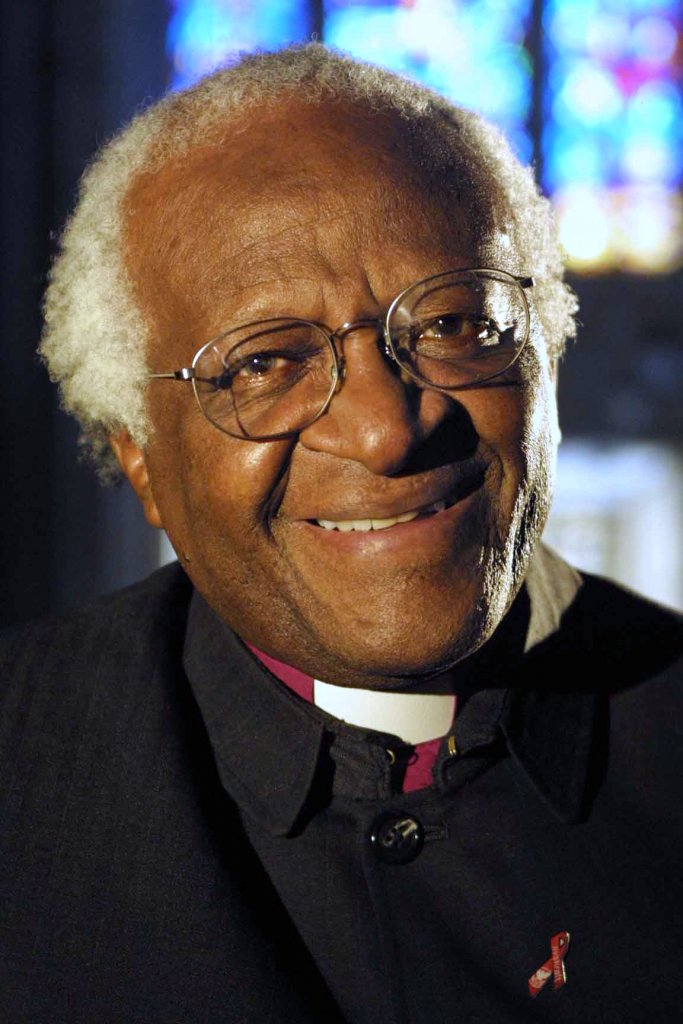

My word for 2022 began poking at my mind back in December. As I wrapped up work before the holidays, I was getting some feedback about my hard edges. In my journal I wrote repeatedly, “Let your gentleness be evident to all. The Lord is near.” (Philippians 4:5)
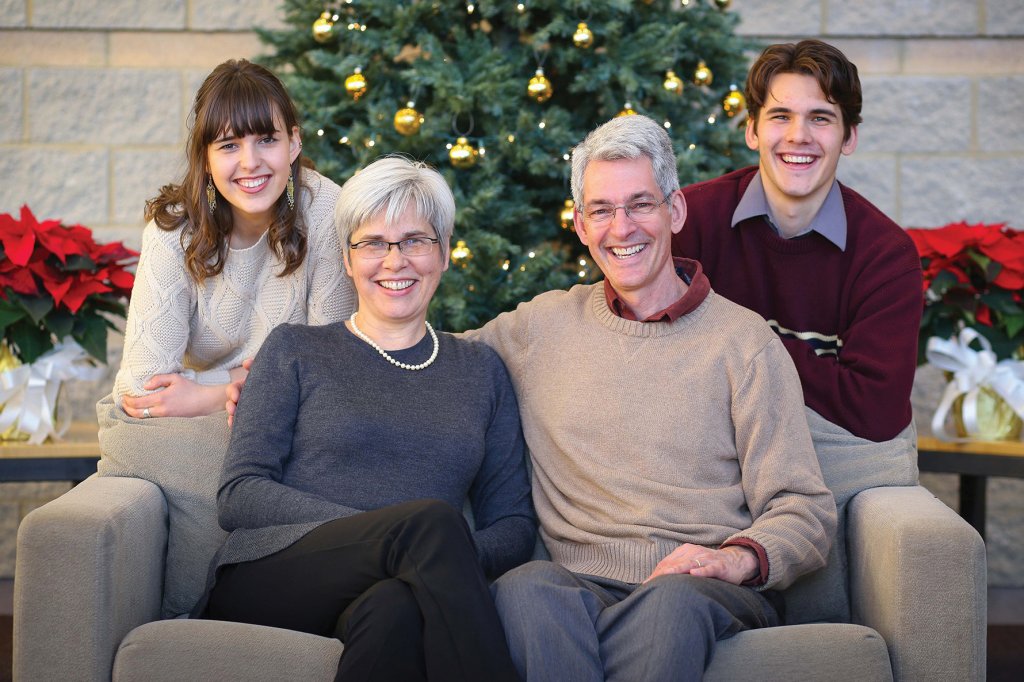

We all come from a family, of one sort or another. And we all go through periods when our family loses us — either literally or otherwise. They don’t understand who we are, or are surprised to discover what we truly love, confused by who we were meant to be. And that is what we see in the story of the 12-year-old Jesus lingering in Jerusalem and hanging out at the temple.
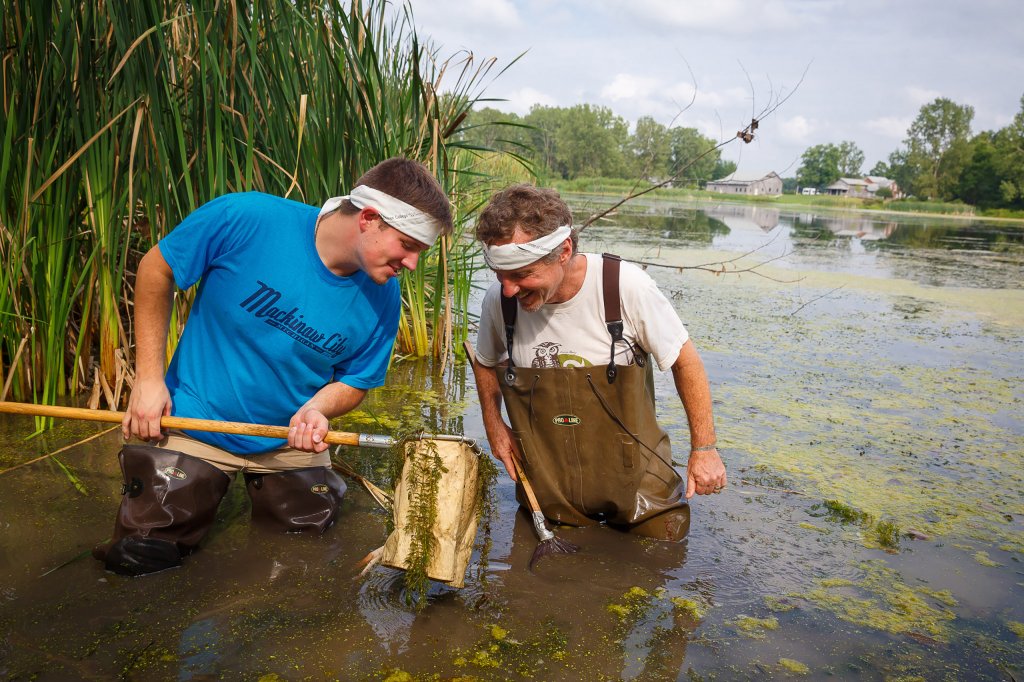

If we are to save ourselves and our planet from the devastation we have wrought, it will require a redefinition of community.
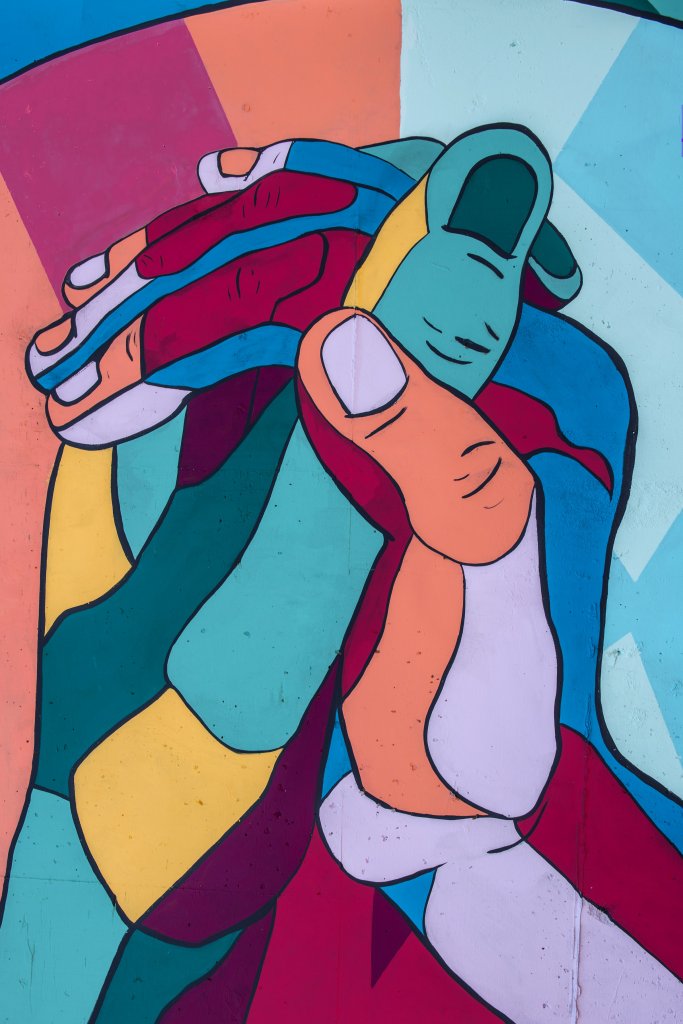

“How can you be inclusive if you are Christ-centered?” This is one of the questions still ringing in my ears from a recent regional gathering. Is it possible that in this time of acute and painful need for us to get along better, our most radical vocation is to go deeper — rather than thinner — on our Anabaptist-Mennonite identity, because to be Christ-centered is true fuel and seed for such a new creation?
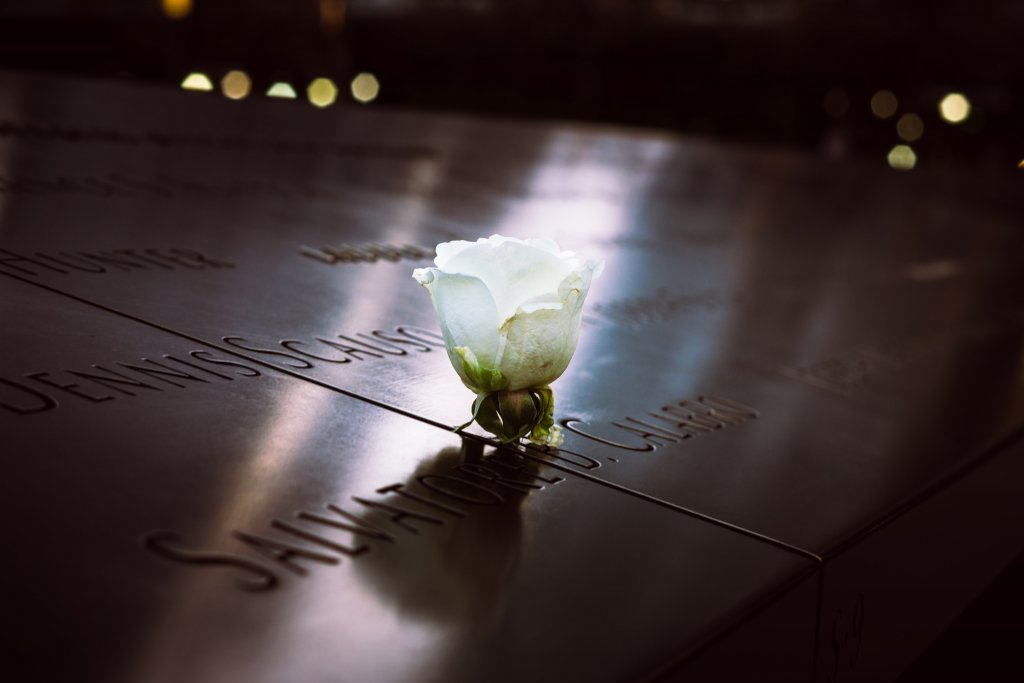

Twenty years later, as we each reinforce and revise our memories from that terrible September day, let us be truthful and also tender about what we choose to never forget.
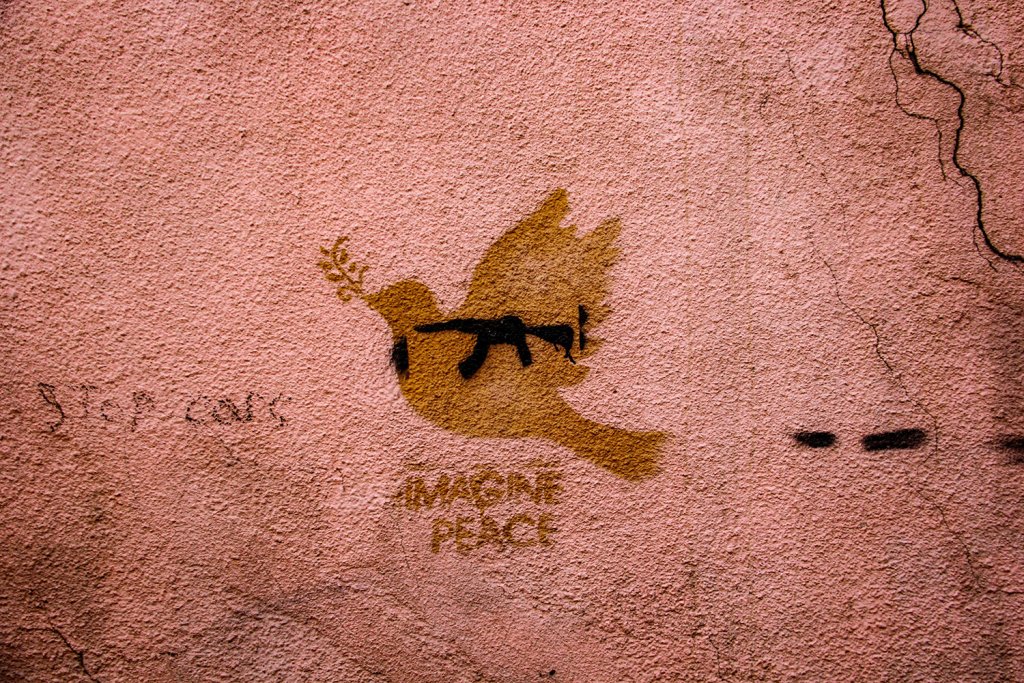

I ended my last blog with the question: how would Goshen College be different if we were more truly centered in robust and productive engagement across lines of difference? I suggest we need to become more intentional about three things: security, curiosity and nonviolent communication.
